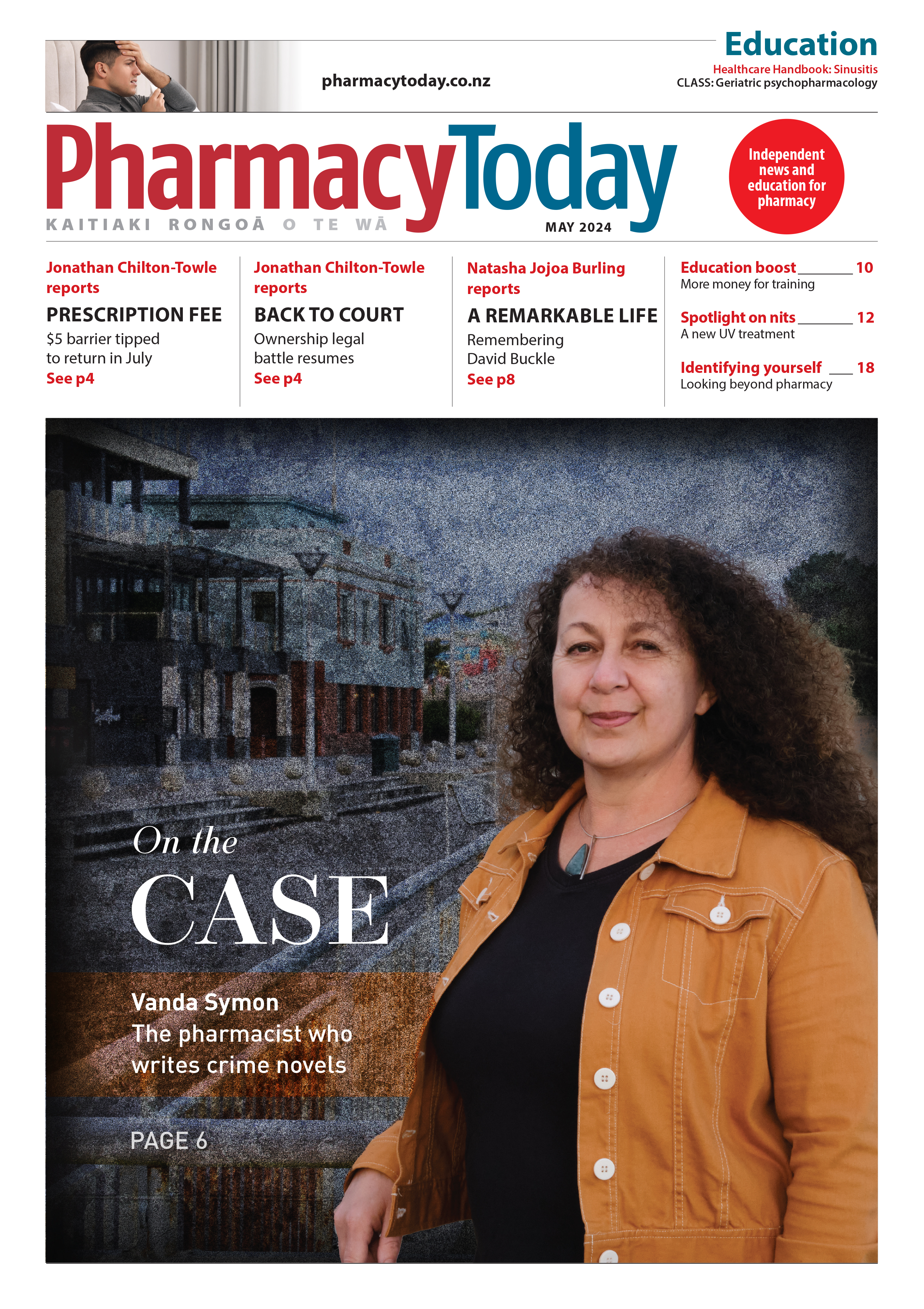This article, written by Sidhesh Phaldessai, provides an overview of geriatric psychopharmacology, including the epidemiology of mental health disorders in the older population, the physiological changes that occur with ageing and their impact on pharmacokinetics and pharmacodynamics, and the use of psychotropic medications in older adults
Travellers on flight OD195 from Perth to Auckland advised to monitor for whooping cough symptoms
Travellers on flight OD195 from Perth to Auckland advised to monitor for whooping cough symptoms
Te Whatu Ora - National Public Health Service is advising passengers from connecting flight OD195 from Perth to Auckland (arriving on Monday 28 August 2023) to monitor for whooping cough (pertussis) symptoms. This follows two passengers on-board since being confirmed as cases upon arrival into New Zealand.
The early symptoms of whooping cough usually include a runny nose, fever and a cough, and people could start developing symptoms anytime in the two to three weeks from exposure.
Those on the flight who develop symptoms are advised to:
- call their doctor or usual health care provider for testing and treatment;
- stay away from those who are pregnant or babies if they are unwell with any sort of respiratory (breathing) illness symptoms, until they’ve spoken to a doctor;
- seek urgent medical advice if they have difficulty breathing, by calling 111.
While the risk for most passengers was low, those who were sat in rows 8 to 12 were at higher risk of catching the illness and are considered contacts. These people should be particularly alert to symptoms, and request antibiotics from their GP if they are pregnant, have a baby under 12 months old, are immunocompromised, or live or work with any of these groups (even if they do not have symptoms).
“Whooping cough is an infectious illness that can be especially dangerous for babies, young children and pregnant people,” says Dr Michael Hale, Medical Officer of Health, Te Whatu Ora.
“While the risk for most passengers on the flight was low, we are keen to make sure those who could become very sick from whooping cough are alerted to the risk and know the signs to look out for.”
There have been 69 cases of whooping cough in Aotearoa New Zealand so far this year, including three infant deaths. The illness can be unpredictable in babies and young children and they can become extremely sick very quickly.
Whooping cough is a bacterial infection that usually starts with a runny nose, fever, and dry cough. Most people begin to feel unwell seven to ten days after exposure. The cough gradually gets worse, often developing into long coughing attacks that can last for 8 to 12 weeks. In babies and young children coughing attacks often end with a ‘whoop’ sound at the intake of breath, or with vomiting or gagging.
“Immunisation is the best way to protect against whooping cough, especially during pregnancy and infancy” adds Dr Michael Hale. “If you are not sure if you or your child are up to date with immunisations, check with your GP or your practice nurse. Immunising against whooping cough during pregnancy is 90% effective in protecting babies in their first few weeks of life.”
The whooping cough, tetanus and diphtheria vaccine is free and offered:
- to children at 6 weeks, 3 months and 5 months old, with boosters also offered at 4 and 11 years old;
- from 13 weeks of every pregnancy (consider booking between 16 and 26 weeks of pregnancy as this is when the vaccine is most effective);
- for some people aged from 45 years old (if they have received fewer than four tetanus doses in their lifetime);
- for everyone from 65 years old if it has been more than 10 years since a previous dose of tetanus and diptheria vaccine. If you have already had a free tetanus and diphtheria vaccine from age 65, you will not be eligible for a free Boostrix vaccine.
The two people with whooping cough from the flight are receiving appropriate medical care. The cases were notified to Te Whatu Ora by the Australian government, as per standard international infectious disease protocols.
More information on whooping cough is available from the Auckland Regional Public Health Service website (www.arphs.health.nz/pertussis).
For information on whooping cough immunisation please visit www.immunise.health.nz/whoopingcough





